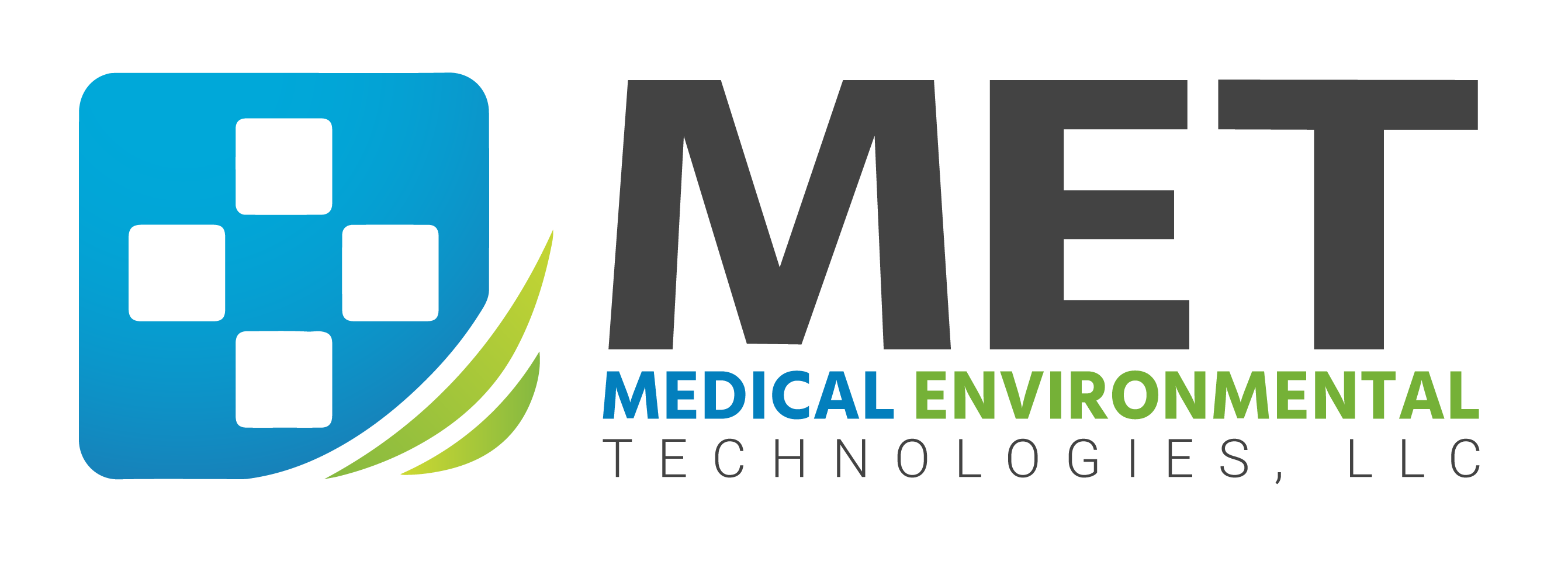What You Should and Shouldn’t Do When Handling Sharp Medical Waste
11/11/2022

Improper disposal of sharp medical waste is a serious health danger not only to healthcare professionals but also to patients and members of the community. To prevent this threat and make sure safety is a priority, here are some of the things you should and shouldn't do for proper sharps disposal. What You Should Do:
● Put used needles and other sharps immediately in their proper disposal bin.
● Use an FDA_approved sharps disposal bin. If you don’t have this, you can use a heavy-duty plastic container such as a liquid detergent bottle. Make sure to label the bottle properly before disposal.
● Follow OSHA regulations and state and local guidelines.
● Make sure to seal the sharps all the time in the proper disposal bins. Put labels and follow the guidelines on how to throw them properly.
● For sharps used at homes, call your local public health officials and trash collectors to see if there are sharp disposal programs available and how you can get an FDA-cleared disposal bin. They can also assist you in disposing of these.
● Make sure that all sharps and sharp bins can’t be accessed by children and pets. Contact your local health office if you see issues with your sharps or containers. What You Shouldn’t Do:
● Throw uncapped or loose needles and other sharp medical waste in regular trash bins,
● Flush needles and other sharps.
● Put your needles and other sharp waste in a recycling bin.● Try to break, recap, remove, or bend needles used by another patient.
Conclusion
Finally, you know the dos and don’ts of handling sharps medical waste. Not doing it properly can cause injury or the spread of infectious diseases, which is why proper handling of sharp medical waste is essential.
● Put used needles and other sharps immediately in their proper disposal bin.
● Use an FDA_approved sharps disposal bin. If you don’t have this, you can use a heavy-duty plastic container such as a liquid detergent bottle. Make sure to label the bottle properly before disposal.
● Follow OSHA regulations and state and local guidelines.
● Make sure to seal the sharps all the time in the proper disposal bins. Put labels and follow the guidelines on how to throw them properly.
● For sharps used at homes, call your local public health officials and trash collectors to see if there are sharp disposal programs available and how you can get an FDA-cleared disposal bin. They can also assist you in disposing of these.
● Make sure that all sharps and sharp bins can’t be accessed by children and pets. Contact your local health office if you see issues with your sharps or containers. What You Shouldn’t Do:
● Throw uncapped or loose needles and other sharp medical waste in regular trash bins,
● Flush needles and other sharps.
● Put your needles and other sharp waste in a recycling bin.● Try to break, recap, remove, or bend needles used by another patient.
Conclusion
Finally, you know the dos and don’ts of handling sharps medical waste. Not doing it properly can cause injury or the spread of infectious diseases, which is why proper handling of sharp medical waste is essential.
